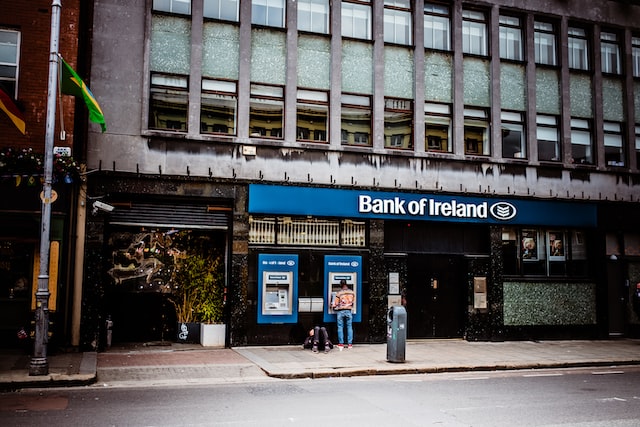The standard business day for most banks and financial institutions is Monday through Friday, 9 am to 5 pm. In some cases, branches are open on Saturdays. Banks that are open for business on weekends have their own set of challenges.
For instance, banks in some countries may require foreign exchange control approval before paying overseas customers. Likewise, if you are a customer who makes a deposit on a Saturday, you will have to wait until the next business day. However, this does not mean that you will not be able to conduct your banking business that day.
There are some exceptions to this rule. For example, some financial instruments are designed to be settled in one or two business days. If you are in the market for a mortgage, you will need to consider more than one business day. This is because your lender needs to consider the timing of the bank’s holidays and the length of your workweek in the home country.

Business days can range from as short as four hours to as long as sixteen. While the length varies by industry and region, an eight-hour day is the norm. Most businesses that provide service to customers will use the standard business day to convey the expected time for their deliveries.
The standard business day does not include legal or federal holidays. In the United States, this means the Federal Reserve is closed on both Saturday and Sunday. Therefore, it is not possible for a bank to process important transactions on these days. But on legal public holidays, such as Presidents’ Day, Labor Day, or Memorial Day, banks are allowed to operate their businesses.
Other than these “official” business days, there are other occasions that qualify as business days. One such example is the day after Christmas. Since the day after Christmas falls on a Sunday, it is not possible for a bank or financial institution to conduct the most important of business transactions on this day.
Another is the day after Thanksgiving. Because of this, a lot of banks offer services on this day, but the most significant commercial process will not take place on this day.

The most important business day in a banking context is called the “Banking Business Day.” These are the days when a bank is actually open for business. A business day can also be measured by the number of transactions processed on a given day. You will be pleased to know that these transactions will usually post on the same day you make them, but you might have to wait a bit. Some payments, such as a transfer to another account, can only be completed on a business day. Moreover, you will receive a confirmation when the payment is stopped.
Whether you are a banker, a customer, or a financial services consumer, the business day is probably the most important unit of time you will ever come across. The Standard Business Day is a popular unit of measure, but it has come under scrutiny over the years.
